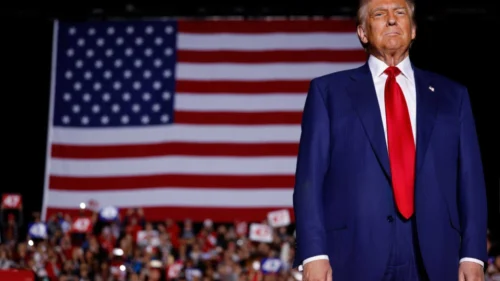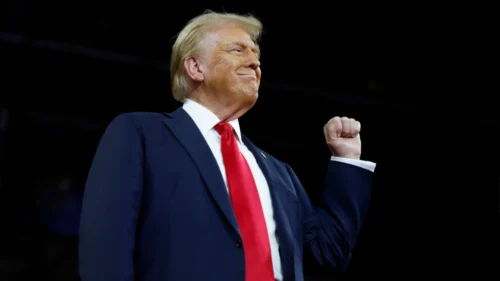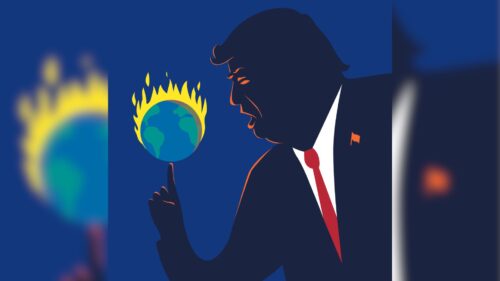The incoming second Donald Trump administration in the White House has sparked robust debate over its potential economic ramifications, often called “Trumponomics.” This approach departs from traditional Republican free-trade principles while maintaining core elements like deregulation, lower taxes, and a tough stance on China.
The direction of these policies largely depends on the incoming administration’s appointees, particularly within the Treasury and Commerce departments. However, President Trump’s unpredictable nature adds another layer of uncertainty. How these priorities will play out remains open to speculation.
Some administration advisors support tariffs as a negotiating strategy, while others prefer a more aggressive approach. These tariffs could greatly impact American consumers and businesses, raising inflationary pressures, disrupting supply chains, and increasing costs for goods. Proponents believe such measures could help revitalize American manufacturing and create blue-collar jobs. The administration’s stance on this issue will be crucial as it formulates its trade policy.
The Impact of Trumponomics 2.0 on Growth and Global Relations
The second Trump administration faces numerous challenges, including a divided House of Representatives, existing bureaucratic resistance, and pressing concerns like inflation and immigration. The effectiveness of Trumponomics 2.0 will depend on the administration’s ability to harmonize differing interests and deliver results. While deregulation and tax cuts have the potential to stimulate growth, the threat of trade wars and tariffs could pose significant risks to businesses and consumers. Businesses and individuals must adapt and plan strategically to navigate this volatile economic environment. As such, understanding the political landscape will be crucial to seizing opportunities that arise.
As the United States enters this uncertain economic chapter, domestic and international consequences are at stake. The global community will closely monitor how Trumponomics 2.0 will affect international relations, trade agreements, and geopolitical dynamics. The administration must carefully balance ambitious goals and the complexities of a highly interconnected world. The impact of its economic policies will resonate beyond U.S. borders, influencing global markets. Ultimately, the long-term effects of Trumponomics 2.0, whether they promote prosperity or amplify challenges, remain to be seen.
[Peter Choi edited this podcast and wrote the first draft of this piece.]
The views expressed in this article/podcast are the author’s own and do not necessarily reflect Fair Observer’s editorial policy.



















Comment